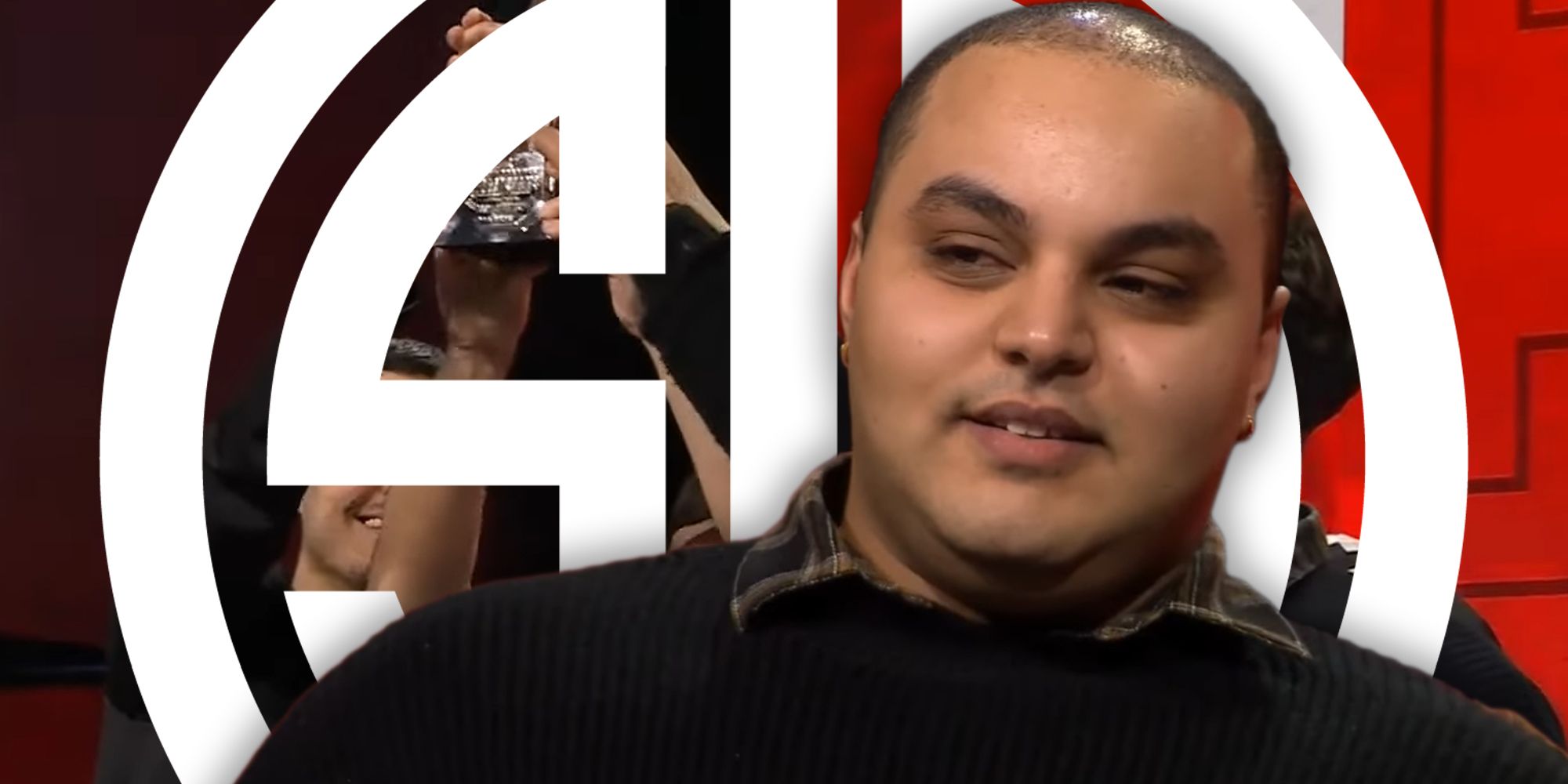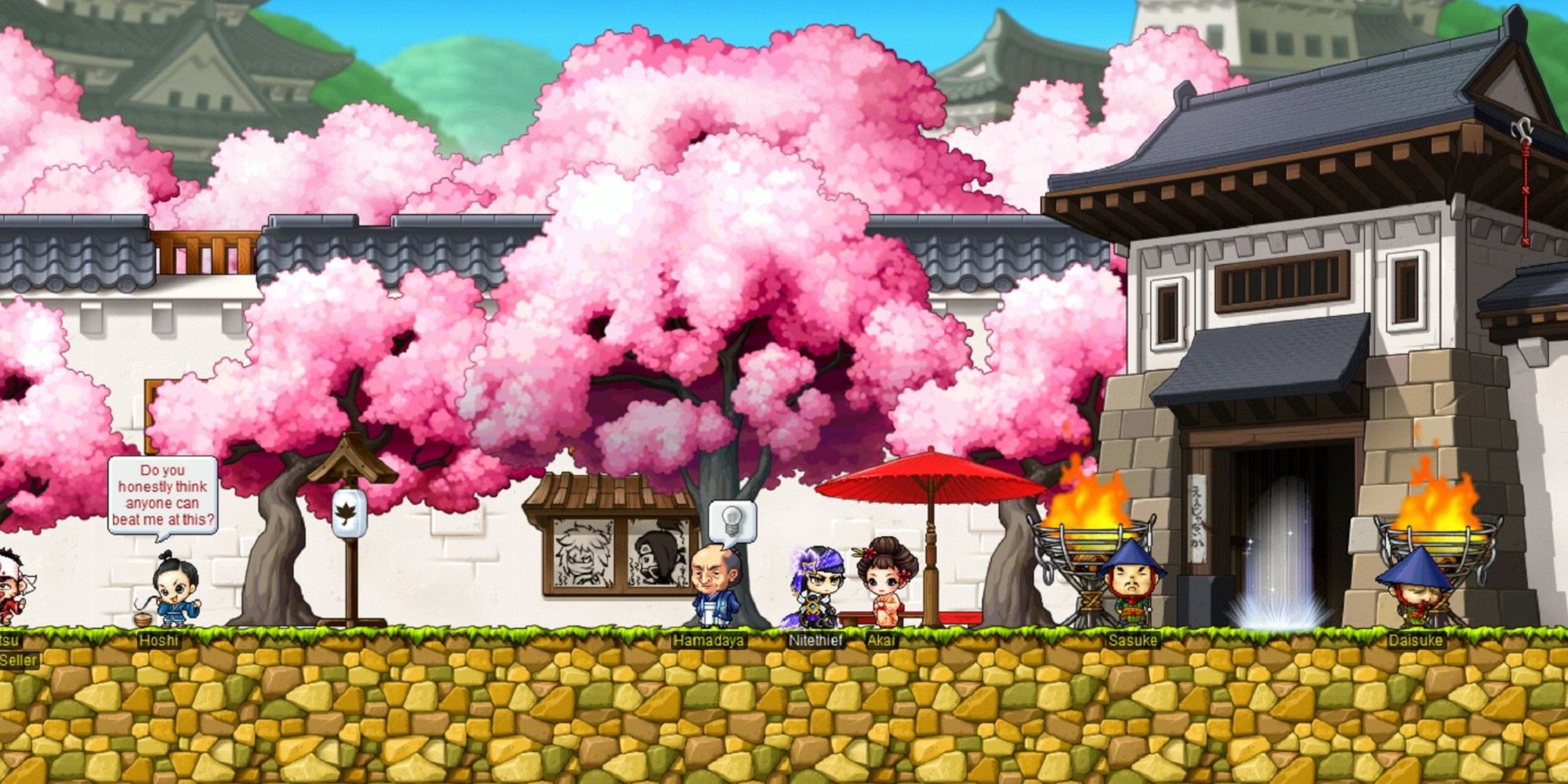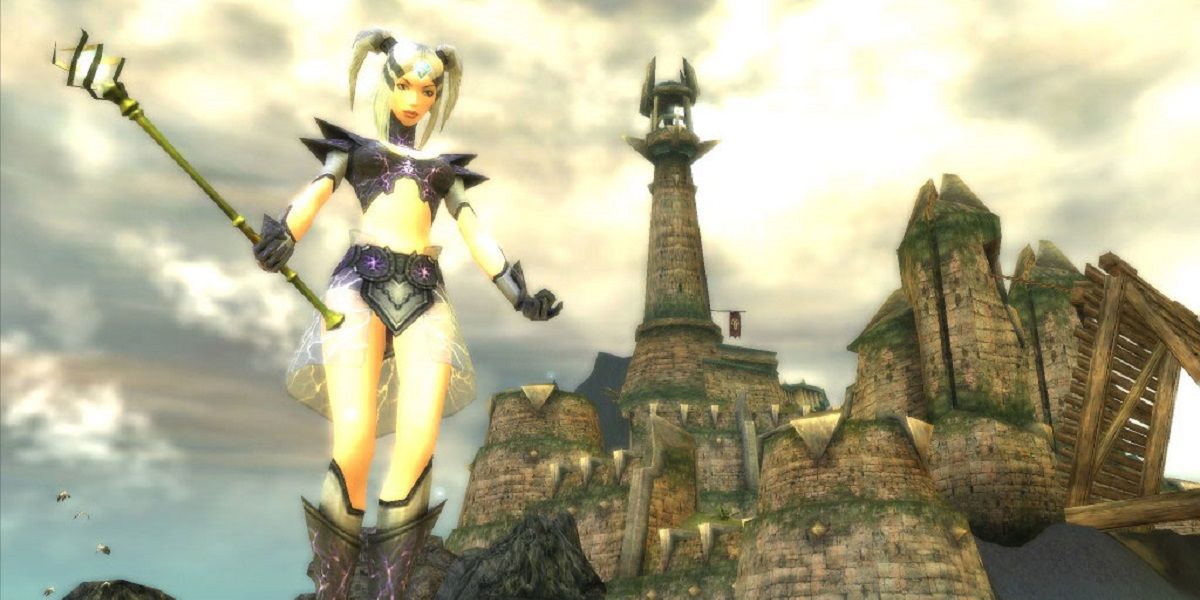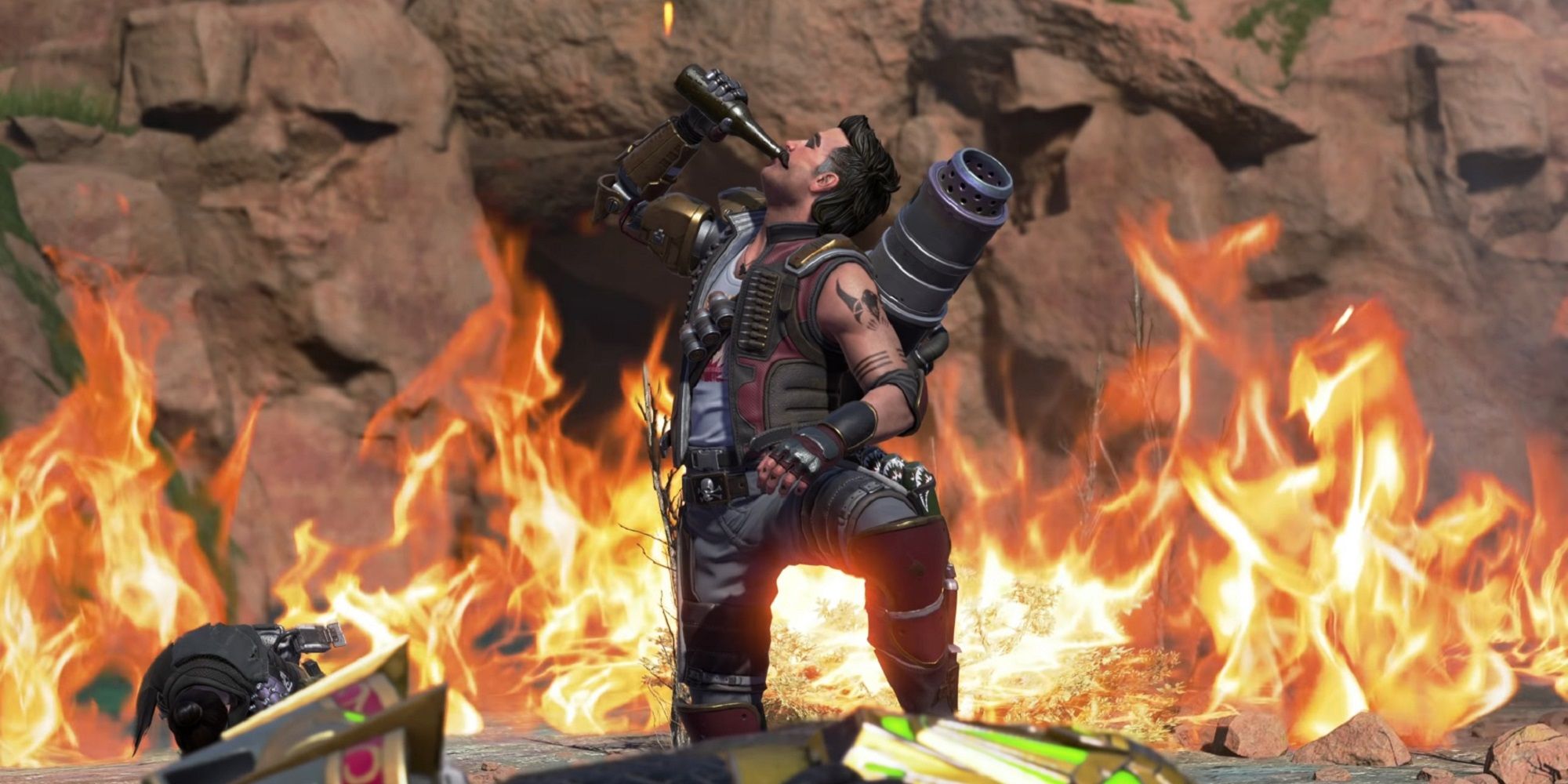“One of the things that differentiates me from a lot of Apex players is that I didn't really grow up playing FPS games,” TSM coach ‘Raven’ tells me. “At least not to the extent that a lot of this community has.”
We’re chatting at TSM’s London bootcamp in the Red Bull Gaming Sphere ahead of the ALGS Playoffs, neither of us aware of the history that will be made the coming weekend. TSM had a newfound confidence ahead of the tournament – they’d come first in Pro League and all three team members spoke incredibly highly of their coach, the difference maker. Raven is humble, but you can tell he has a vast depth of knowledge about the game from even the most brief conversations with him. He name drops the likes of Nick ‘LS’ De Cesare during our chat, but it’s the unconventional wisdom he took from Korean MMO MapleStory that really struck me. Could it really have made the difference for TSM?
“I grew up playing a lot of MMOs,” he explains. “A lot of my understanding of Legends and matchups encountered in the game and all those interactions comes from ability-based MMOs. Games like MapleStory, which is a really old Korean MMO from 2003, are big inspirations to me. That was actually the inspiration behind the Wattson, Seer, Valk comp that we played with GMT at [the ALGS Championship in] Raleigh, where we got fifth.”
Raven also cites the first Guild Wars as another inspiration, and gives me examples of how its class system directly influenced his Apex philosophy.
“It taught me a lot about, again, Legends, and their themes,” he explains. “You have the Fire Mage and the Assassin and the Monk, and you really don't get distracted by mechanics and you look at Legends for what they are. And that gives you a better understanding of matchups, their strengths and weaknesses, and counter picking.
“A fire mage, thematically, is weak against things that can get on top of them very quickly and stick to them, because their abilities take time to activate and they want to be in the backline. They want to be in the backline, they want to be protected, and they want to be throwing out their abilities like artillery from range. And they have some activation time, so characters that can get on top of them very quickly and stop them from being able to do that are what would be able to beat a Fire Mage.
“That’s pretty similar to Fuse, in the sense that he wants to be in a backline, and he wants to be given time and freedom to use his abilities and just throw them at people. But if something runs at him, he does get pressured to the point where it's hard for him to recover because his abilities also have activation times. They're not instant, the damage isn’t instant.”
While TSM didn’t play Fuse this weekend, Raven has been trying out the eccentric Aussie with the team over the course of Pro League. Pairing him with the movement-centric characters of Valkyrie and Horizon, the Playoffs Champions did well with Fuse, despite a little pushback to Raven’s tactics. As long as they don’t have to use Catalyst again, I wouldn’t be surprised if they relent and we’ll see Jordan ‘Reps’ Wolfe don the moustachioed man in Split 2.
It’s not all come easily to Raven, however. He admits that his early ideas were often too focused on MMO ideals and abilities, and he had to adapt during his time with GMT to the aspect of Apex Legends that comes most naturally to most players and coaches; the shooting.
“Apex is fundamentally a game about gunplay, that's where it starts to differ,” he says. Before he even signed with GMT Esports, he thinks he went a little too hard on the MMO strategies and forgot the gunplay, and leaning too hard on abilities affected performances. Maybe there is a point where you’ve got to leave the MMO behind and embrace the shooting.
However, this weekend’s impressive result gives credibility to Raven’s unconventional coaching inspirations. Maybe more coaches will look to Runescape for their rotations and World of Warcraft for their inventory management in future. In all likelihood, though, Raven is one of a kind, a special talent who has found the perfect home in Apex Legends’ most successful team. His ideas are irreplicable, his success inevitable, and it all thoroughly deserved.




